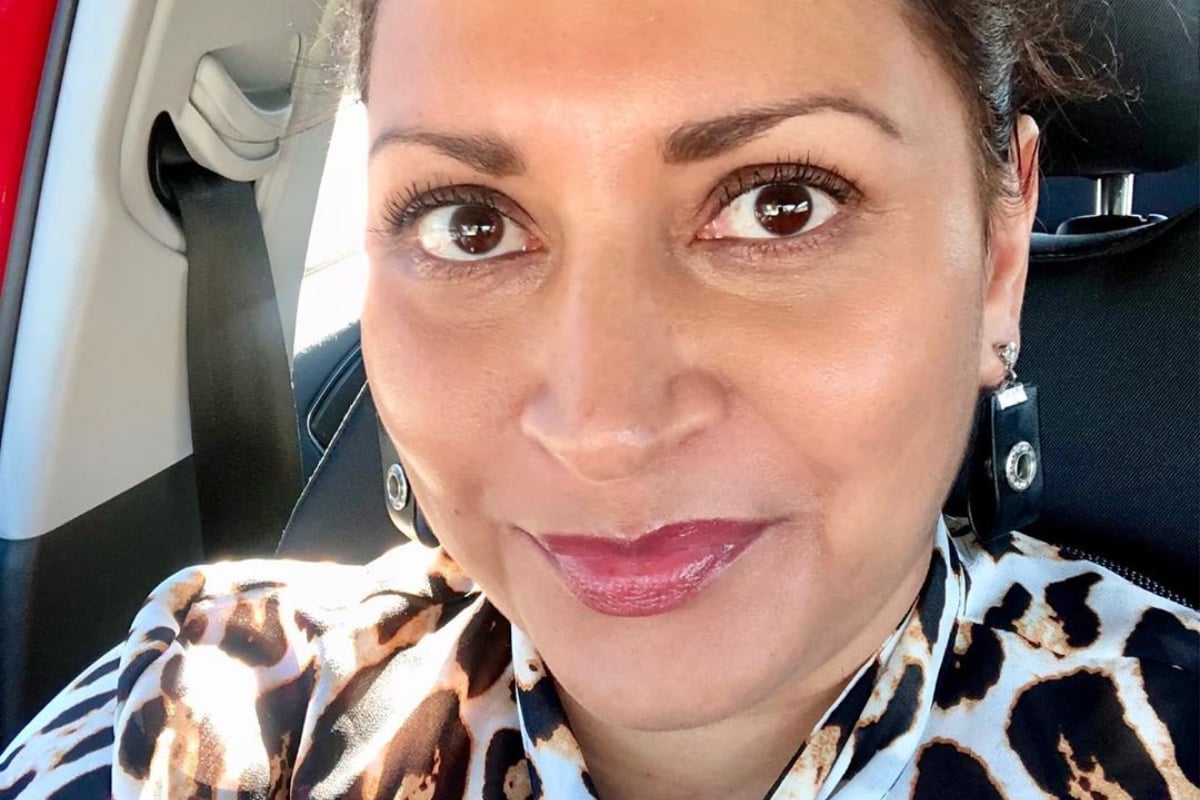
I speak English beautifully, and do you know how I know this? Because I have been told many times.
Even though my accent is unmistakably Australian, and should clearly indicate that I was born here, too many people have judged my identity on the fact that I’m brown, and assumed that I am a foreigner. Why else would they comment on my ability to speak English well without knowing anything else about me?
Telling me I speak good English on this basis is casual racism – where the intention isn’t exactly to offend, but it’s based on erroneous, subconscious prejudices.
WATCH: The problem with just saying 'I'm not racist.' Post continues below.
In the last few weeks, in the era of the deaths of George Floyd, Ahmaud Arbery and Breonna Taylor and the ensuing conversations about racial bias, the term ‘microaggressions’ has been repeatedly used.
In essence, a racial microggression is what we know as casual racism. The term was first used in the 1970s by Harvard's Chester M. Pierce, and can refer to prejudice based on a person’s race, ethnicity, religion, gender, sexual orientation, or disability.

Top Comments